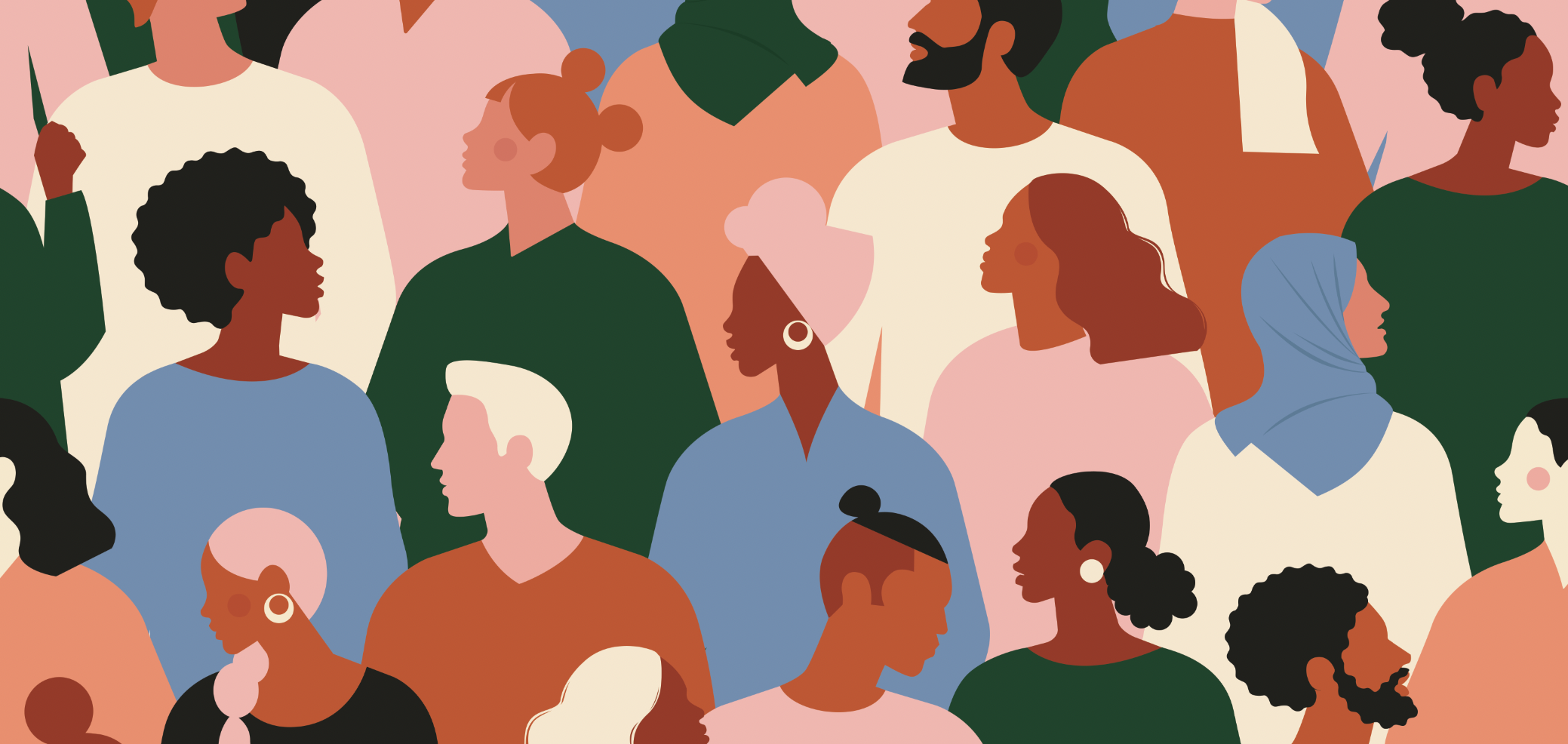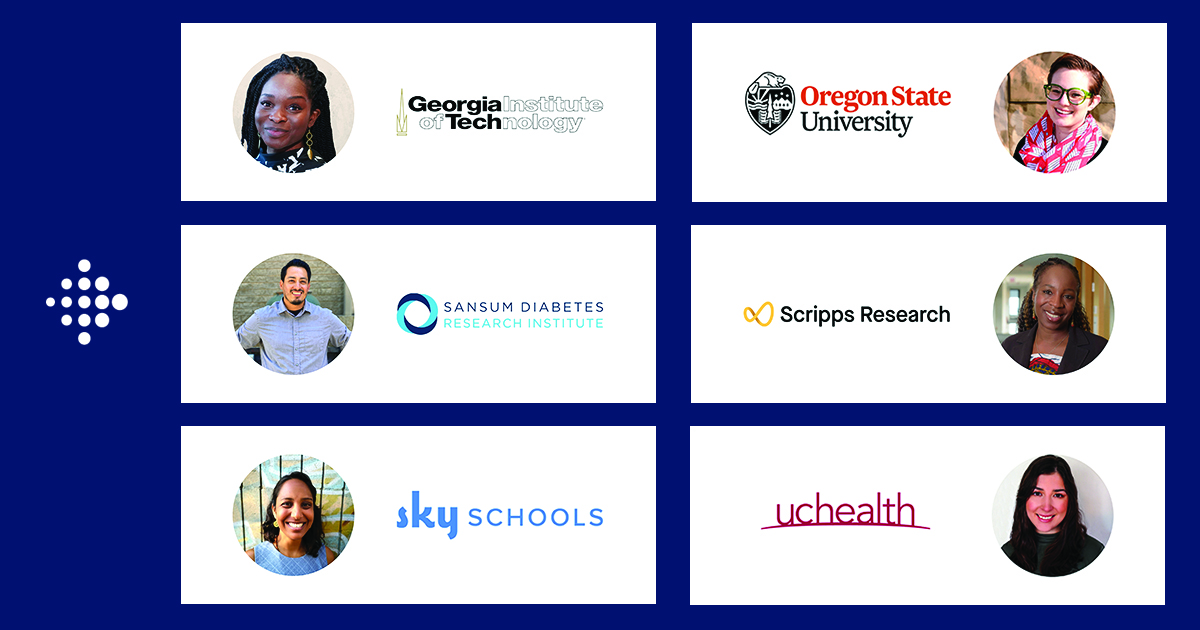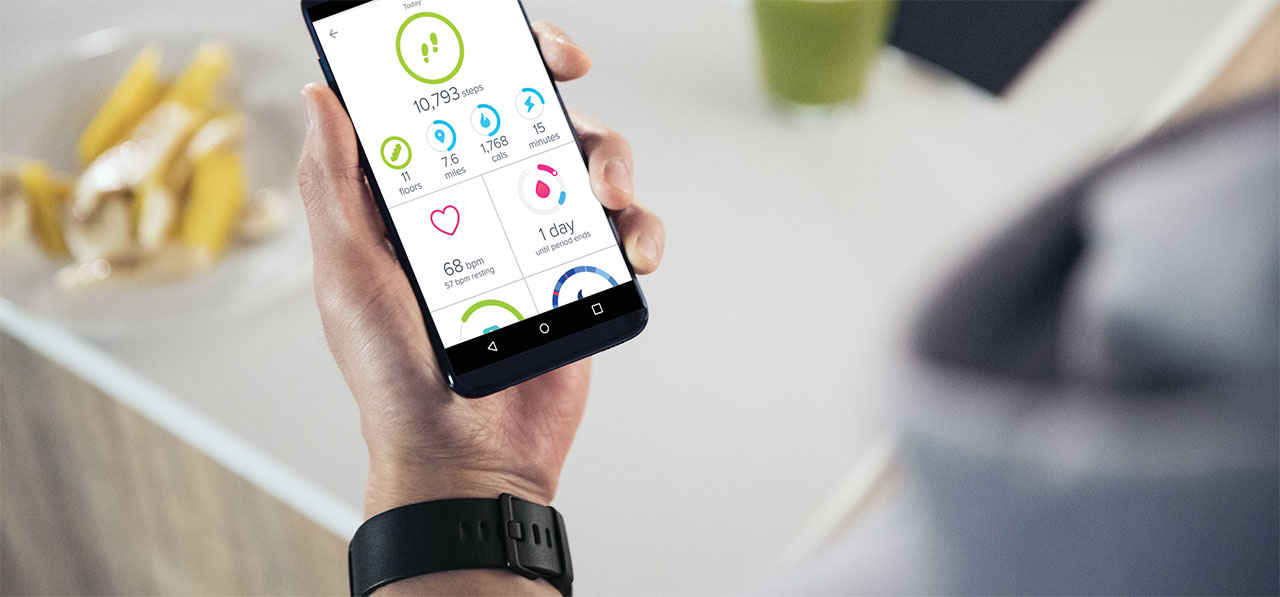Accelerating Health Impact through Public Private Partnerships
Today more than ever, we see the potential value of digital health technologies in clinical and research settings. There is greater interest in exploring the role of digital health and new questions are being asked: How can we best utilize data from technology for clinical integration? What clinical changes can be informed by the data? How can we bring health data into our daily lives? As we start to answer these questions, and different technologies become more integrated into our health and healthcare, it’s imperative we ensure these tools are accessible to and equitable for all.
NIH’s All of Us Research Program is a great example. All of Us aims to enroll more than a million Americans, and has put a lot of emphasis into assuring that participants from all walks of life feel welcomed and engaged in the program and the research goals. This is central to the research program since diversity is critical to ensuring that precision medicine will work for everyone. In January 2019, the program began a Fitbit “bring your own device” (BYOD) option for participants who already own Fitbit devices and are willing to share their data with the program. It is exciting that these devices bring a novel data stream representing over a decade of innovation at Fitbit. In addition, this project revealed an opportunity to promote health equity. I spoke with Dr. Michelle Holko, who explored an important aspect of this work when she was a Presidential Innovation Fellow in the federal government, detailed to NIH to work with the All of Us program.
“If you look at the demographics of the participants in the Fitbit BYOD as compared with the other All of Us participants, there is reduced racial and socioeconomic diversity1. It was this realization that resulted in a study which surveyed patients at participating health centers to examine device ownership and interest in and barriers to having, using, and sharing data from wearable devices.”
Michelle’s work is now published and highlights disparities in access to digital health devices, specifically wearable fitness trackers. The study, conducted with collaborators at All of Us and partners, surveyed 1007 adult patients at six Federally Qualified Health Centers, some of the most diverse participants in the program, regarding wearable fitness trackers. They found that most surveyed do not have but are interested in having fitness trackers; barriers include cost and lack of information. Broad digital health device adoption requires education, investment, and high-touch methods.
Reducing disparities like this is an area that many of us at Google and Fitbit are passionate about. In addition to the bring your own device component, Fitbit also has a partnership with the All of Us Consortium via Scripps to provide tens of thousands of Fitbit devices to participants at no cost. This ongoing effort is designed to ensure representation of marginalized communities in the research while learning what engagement methods are most successful with participants. It is just one of many ways that Fitbit and Google are committed to reducing disparities and promoting health equity.
Tackling complex problems like health disparities requires tremendous resources and we need to harness all that we can get to make progress. One approach that Michelle and I are both passionate about is the potential in public private partnerships. By bringing together the resources of the government and the ingenuity of the private sector, we may be able to accelerate impact. Let’s take the case of the All of Us program. The public sector is uniquely set up to conduct a research program of this scale and size. At the same time, private companies have developed technology that can add meaningful data to make this work even more impactful. Working together, we can make sure that everyone can contribute to and benefit from this work.
We’re also using public private partnerships to address other pervasive issues in healthcare. Let’s take healthcare worker burnout, where I have personally seen the toll of the pandemic on my colleagues. Studies bear this out and the impact on doctors and nurses is significant. In a partnership with the Orlando VA Medical Center, nurses volunteered to test out Fitbits and incorporate them into their work unit and daily routine. According to the VA, since the start of the pilot, healthier and more well-rested nurses are reporting for duty each day2. More specifically, nurses are satisfied with the program and there has been a reduction in absences and a decrease in staffing issues and overall. The pilot is ongoing, but these early results are promising that we will be able to make a dent in this important area.
As these examples illustrate, public private partnerships can have tremendous impact on national problems such as health equity and provider burnout. Google Cloud and Fitbit are working together to create solutions for researchers and organizations who want to use Fitbit and related technologies in their research and clinical implementation. Michelle and I love working at a company that values such partnerships and are looking forward to creating more impact together.
Prior to joining Google, Kapil Parakh served as a White House Fellow at the Department of Veterans Affairs.
Prior to joining Google, Michelle Holko served as a Presidential Innovation Fellow at the National Institutes of Health.



